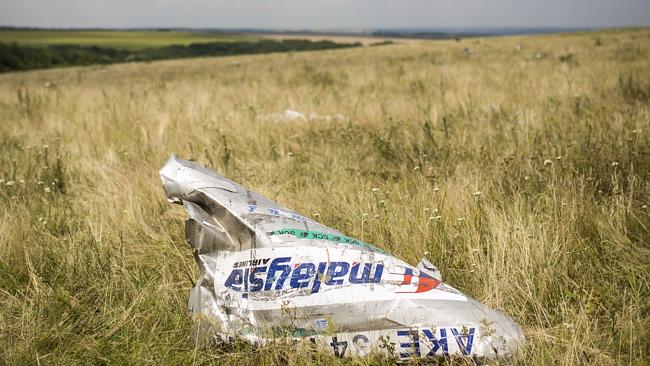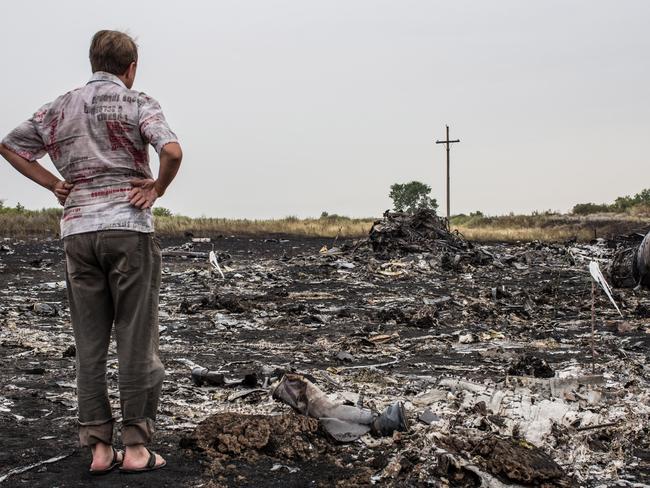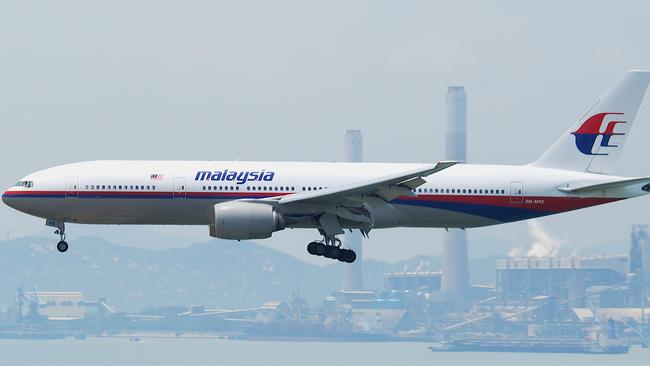Malaysia Airlines posts $184m loss
MALAYSIA Airlines says its loss widened last quarter and has apologised for a tweet slammed as insensitive after two deadly jet disasters this year.

MALAYSIA Airlines says its loss widened last quarter and has apologised for a promotional tweet slammed as insensitive after two deadly passenger jet disasters this year.
In its last public financial result before a planned privatisation and overhaul, the flag carrier said its net loss in the July-September quarter rose 53 per cent from a year earlier to 576.1 million ringgit ($184.26 million).
The airline’s business has suffered after a Malaysia Airlines jet with 239 people on board, mostly from China, went missing March 8 while en route to Beijing. No trace of it has been found.

In July, a Malaysia Airlines jet was shot down over Ukraine, killing all 298 people, including 38 Australian citizens and residents, on board.
As the airline’s overhaul gathers pace, it said it will continue to focus on building revenue through aggressive marketing and promotions, and better capacity management.
However, its marketing strategy came under fire after the airline tweeted on Thursday, “Want to go somewhere, but don’t know where?” It removed the tweet Friday, saying it was meant to inspire travellers but “unintentionally caused offence to some”.
It was not the first faux pas for the airline since the disasters. In September, it scrapped the title of a competition asking people what activities and destinations are on their “bucket list”. A bucket list is a term used by some English-speakers to describe a list of adventures they want to have before they die.

The airline said its quarterly revenue fell 12 per cent from a year earlier to 3.33 billion ringgit ($1.06 billion) amid poor market sentiment due to the double whammy of the disasters and intensified competition.
Declining fuel prices have helped stem losses but the airline said it continues to struggle as business in some markets, especially China, remains challenging.
The airline will be delisted and taken completely under the wing of the government by the end of the year under a $US1.8 billion overhaul by majority shareholder, state investment arm Khazanah Nasional.



